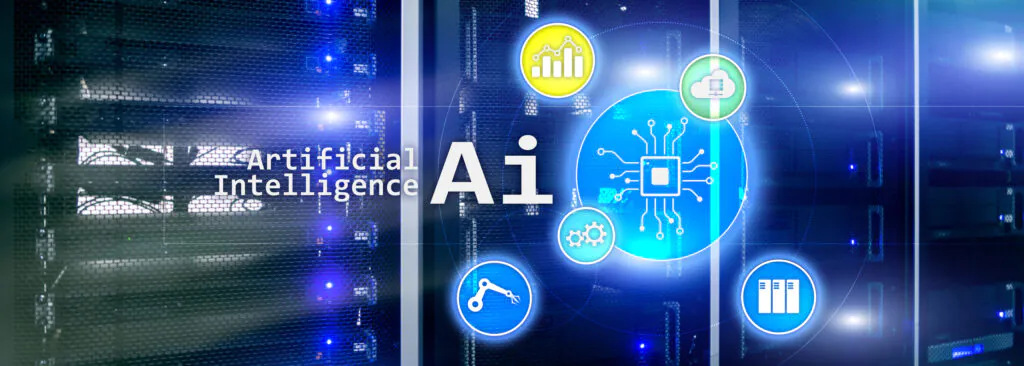In recent years, artificial intelligence (AI) has steadily transitioned from the realm of science fiction into a tangible force reshaping various industries. One of the most intriguing areas of application is the energy sector, where AI’s transformative potential is beginning to be realized. From optimizing energy consumption to revolutionizing the management of renewable resources, AI is poised to enhance efficiency and sustainability in ways we never thought possible.

Enhancing Energy Efficiency
One of the most significant benefits of AI in the energy sector is its ability to enhance energy efficiency. By leveraging advanced algorithms and machine learning techniques, AI systems can analyze vast amounts of data generated by smart grids and power plants. This analysis leads to more precise predictions of energy demand, allowing utilities to balance supply more effectively and reduce waste. For instance, AI can predict peak usage times and adjust energy distribution accordingly, ensuring that resources are used optimally and costs are minimized.
Unlock your competitive potential with our innovative AI solutions, designed to provide the insights needed to transform the energy sector. Learn how we help turn AI intelligence into a strategic advantage.
Predictive Maintenance
Another vital application of AI is in the maintenance and operation of energy infrastructure. Traditional maintenance schedules can often be inefficient and costly, relying on regular inspections that don’t account for the real-time condition of equipment. AI can revolutionize this aspect by using predictive maintenance models. These models analyze data from sensors on equipment like wind turbines or solar panels to predict when maintenance should be performed. This approach not only extends the lifespan of energy assets but also reduces downtime and maintenance costs.
Facilitating Renewable Energy Integration
As we move towards a more sustainable future, integrating renewable energy sources like wind and solar into existing grids is crucial. However, the intermittent nature of these resources poses a challenge. Enter AI, with its ability to manage and optimize the integration of renewable sources. AI systems can predict weather patterns and adjust grid operations accordingly, ensuring that energy from variable sources is efficiently utilized and stored. This capability is vital for maintaining a stable and reliable power supply as we increase our reliance on renewables.
Energy Consumer Empowerment
AI doesn’t just benefit energy producers and operators; it also empowers consumers. Smart home technologies, powered by AI, allow consumers to monitor and optimize their energy usage in real-time. For example, AI-enabled smart thermostats learn household habits and adjust heating or cooling systems to be more energy-efficient without compromising comfort. This personalized approach not only reduces energy bills for consumers but also contributes to overall energy conservation.
Reducing Carbon Footprints
Finally, AI’s role in the energy sector contributes significantly to reducing carbon footprints. By optimizing energy usage, improving the efficiency of power plants, and facilitating the integration of clean energy sources, AI helps decrease greenhouse gas emissions. This is a crucial step towards addressing climate change and achieving global sustainability goals.
Conclusion
In conclusion, while AI is not a panacea for all the challenges facing the energy sector, its application offers an intriguing set of benefits that can lead to more efficient, sustainable, and consumer-friendly energy systems. As AI technology continues to evolve, its potential to transform the energy sector will undoubtedly grow, making it a field worth watching for anyone interested in the future of energy. Whether you’re an industry professional, a tech enthusiast, or someone just curious about the possibilities, the impact of AI on energy is a story that promises to unfold with exciting developments.


